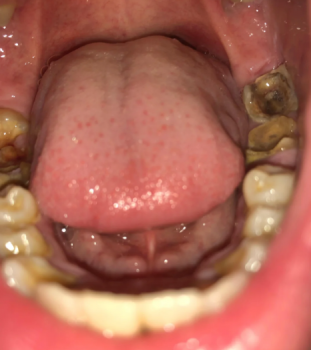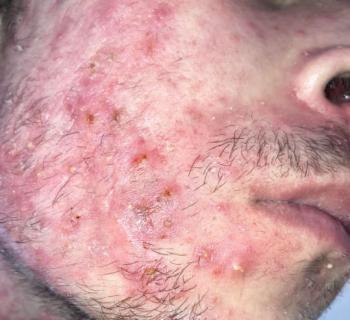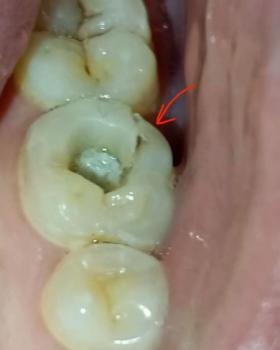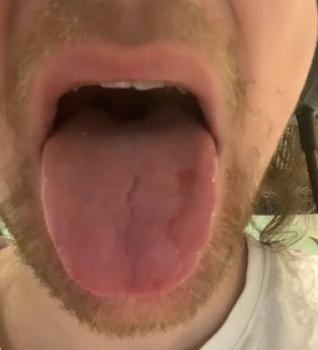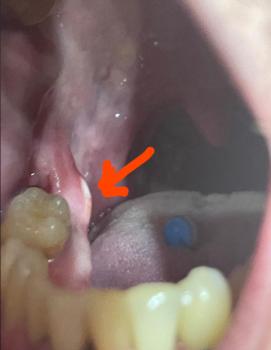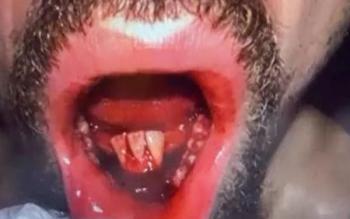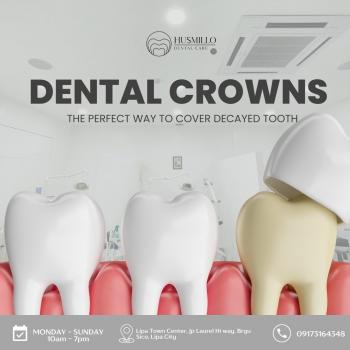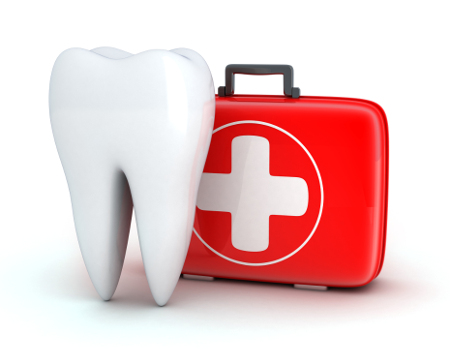Smile Again with Comfort and Confidence.
Don't Extract, Regenerate! The Surprising Medical Potential of Your Wisdom Teeth
Language :
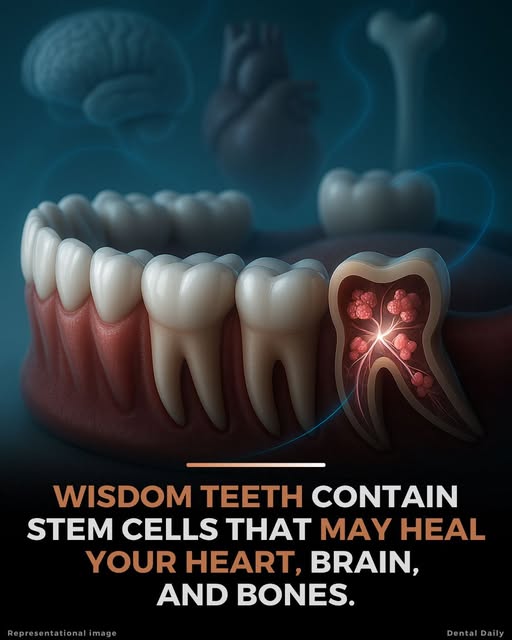
Topics:
From Evolutionary Leftover to Medical Marvel
For generations, wisdom teeth have been the punchline of dental jokes—a vestigial reminder of our ancestors' coarse diets, known only for causing impactions, crowding, and painful surgeries. The standard advice has always been: "When in doubt, take them out."
But what if we've been looking at these late-blooming molars all wrong? Recent scientific breakthroughs are turning this narrative on its head. What was once considered a mere nuisance is now being hailed as a potential "natural backup kit" for healing and regeneration. The secret lies not in the tooth itself, but in the soft, living tissue within it: the dental pulp.
The Science Unveiled: Your Wisdom Tooth's Hidden Superpower
The revolutionary discovery is this: the dental pulp inside your wisdom teeth is a rich source of Mesenchymal Stem Cells (MSCs).
What are MSCs?
Think of MSCs as your body's master builders and repair crew. They are undifferentiated cells, meaning they have the incredible ability to transform into a variety of specialized cell types. They are the gold standard in the field of regenerative medicine, a branch of science focused on repairing or replacing damaged tissues and organs.
Why Are Wisdom Tooth MSCs So Special?
While MSCs can be found in bone marrow and fat, obtaining them from those sources can be invasive and painful. Wisdom teeth, however, offer a uniquely advantageous source:
-
Minimally Invasive & Accessible: A routine wisdom tooth extraction is a common, straightforward procedure. The stem cells are harvested from a tooth that is already being removed, causing no additional discomfort.
-
High Proliferation Rate: These stem cells are young and robust. In laboratory conditions, they multiply rapidly, creating a plentiful supply for potential therapies.
-
Immunologically "Privileged": MSCs have a low risk of immune rejection, making them potentially useful not just for the donor but also for family members.
-
Ethically Non-Controversial: Unlike embryonic stem cells, MSCs from wisdom teeth are obtained with full consent and without ethical concerns.
The Transformative Potential: From Tooth to Treatment
So, what can these dental stem cells actually become? The list is nothing short of astounding. Research has shown they can be coaxed into differentiating into:
-
Cardiomyocytes (Heart Cells): Imagine a future where cells from your extracted wisdom tooth are used to repair the damage caused by a heart attack, strengthening cardiac tissue and restoring function.
-
Neurons (Brain Cells): This is perhaps the most exciting frontier. The potential to generate new neurons offers a beacon of hope for treating Alzheimer's, Parkinson's, and even repairing brain and spinal cord injuries.
-
Osteoblasts (Bone Cells) & Chondrocytes (Cartilage Cells): These cells could be used to heal complex fractures, regenerate jawbone lost to periodontal disease, or create new cartilage to combat the pain of arthritis.
-
Pancreatic Cells: Early research is exploring the potential for generating insulin-producing cells, which could offer a new therapeutic avenue for Type 1 Diabetes.
-
Liver Cells (Hepatocytes): Potential exists for regenerating liver tissue damaged by disease.
This isn't just theoretical. Pre-clinical trials and laboratory studies are actively demonstrating these capabilities, paving the way for future human therapies.
The Rise of "Biological Insurance": Banking Your Wisdom Teeth
Just as parents have long had the option to bank their newborn's cord blood, a new industry is emerging: dental stem cell banking.
How It Works:
-
Plan Ahead: If you or your child are scheduled for a wisdom tooth extraction, you contact a stem cell bank beforehand.
-
Specialized Extraction & Transport: Your oral surgeon follows a specific protocol to preserve the tooth's viability and ships it overnight to the banking facility.
-
Processing & Cryopreservation: At the lab, the stem cells are carefully extracted from the pulp, processed, and frozen in liquid nitrogen at ultra-low temperatures, effectively pausing their biological clock.
-
Secure Storage: Your cells are stored safely, ready for potential future use as regenerative medicine advances.
Is It Worth It?
This is a personal decision that acts as a form of biological insurance. The upfront cost of banking is weighed against the potential, future value of having a young, immunologically compatible source of stem cells available. For families with a history of neurodegenerative or autoimmune diseases, it may be a particularly compelling consideration.
Analysis & The Dentist's New Role
This research is fundamentally changing the dialogue between dentists and patients. The question is no longer just "Do these teeth need to come out?" but also "If they come out, what is the potential value we are extracting?"
Dentists are transitioning from being solely oral surgeons to becoming gatekeepers of biological resources. This empowers patients with a choice: view the extracted tooth as medical waste or as a potential key to future health.
A Final Thought: Rethinking "Waste"
The humble wisdom tooth, long dismissed as an evolutionary leftover, is being redefined. It is a powerful reminder that the human body is a repository of hidden potential. While the science is still evolving, the discovery of this accessible, potent source of stem cells opens a fascinating door to a future where a routine dental procedure could one day help heal a broken heart, a damaged brain, or a brittle bone.
The next time you hear about wisdom teeth, remember: they might not be so wise about fitting into your jaw, but they could be brilliantly wise about safeguarding your health.

